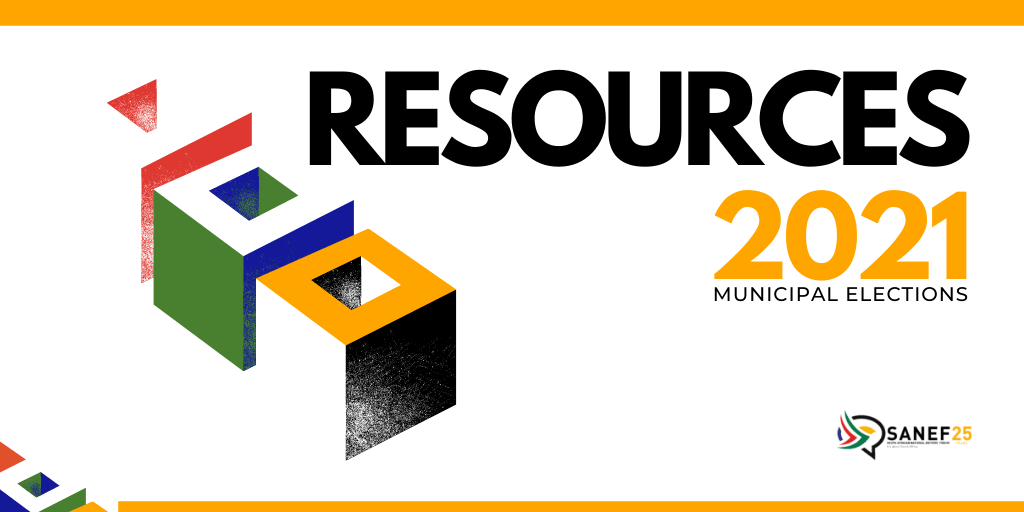Identifying and countering disinformation that threatens our democracy
The Centre for Analytics and Behavioural Change is seeking out and analysing online narratives that spread disinformation and threaten the democratic process leading up to the local government elections.
The CABC is a non-profit organisation that advances social cohesion through active citizenry, especially by promoting informed online engagement. It is incubated at the Graduate School of Business at the University of Cape Town.
Director of Projects, Stuart Jones said the CABC focused on countering online racism and prejudice, xenophobia, misogyny and disinformation about Covid-19 in its first year of operation.
“This year our core project, Defending Democracy 2021, is tracking, reporting on and countering online disinformation and narrative manipulation in the run-up to the 2021 municipal elections,” says Jones.
“The CABC’s research team uses advanced software to identify and analyse socially divisive narratives that spread disinformation about the elections and promote social discord. Our media team produces articles for publication, and our intervention team produces creative content and facilitates dialogue inside these narratives – all with a view to exposing and countering organised disinformation networks.’
“We have used this process to identify and expose an organised network promoting Xenophobia and another that supports politicians accused of corruption and state capture. We are now applying this to a range of election related issues. These include attacks on the rule of law, the judiciary and the IEC and the use of private militia.
Also, the use of hate speech or incitement to violence – both generally and particularly to further political ends. We have, for example, found a number of smaller parties using xenophobia as a means to win the favour of voters. And we will also be on the lookout for any disinformation put out by political parties or their agents,” said Jones.
“The aim is to expose all forms of disinformation and narrative manipulation, so that people are able to make informed decisions about who they vote for based on factual, accurate information.”
The tactics and narratives used by organised networks of inauthentic social media accounts which have been uncovered by CABC researchers is already providing insight into some of the online manipulation taking place behind the scenes. It is expected that this will escalate as October 27 draws closer and electioneering gathers momentum.
“We want to create greater online social awareness that will allow voters to make informed decisions,” said Jones.
“We of course also find and work with extreme levels of disinformation about Covid-19 and the vaccine, and many lives are being lost as a result. Our work aims to develop a higher level of resilience against disinformation in society, so that disinformation campaigns have less impact on us in the future.
“We aspire to a society that is informed, resilient and self-regulatory. We also hope to grow inclusive social movements, which thrive when people are able to make informed choices. This requires a high level of online social awareness,” said Jones.
Ends


